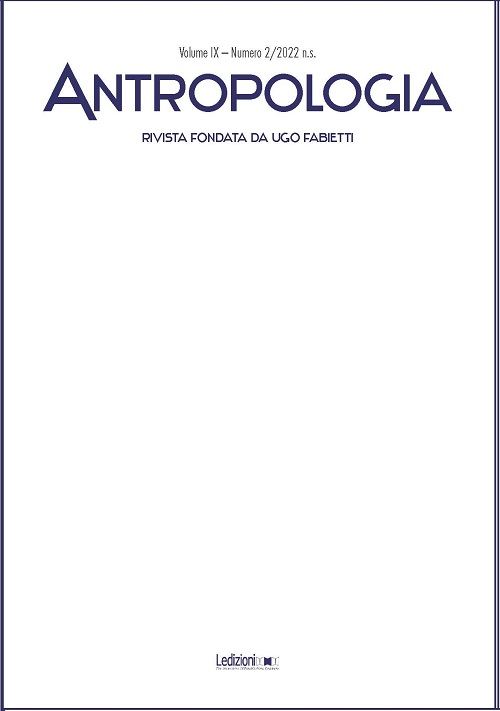“You can feel the emergency everywhere". Timing and conflicts between technology and care during the Xylella fastidiosa epidemic in Salento
DOI:
https://doi.org/10.14672/ada2022196697-121Keywords:
care, temporality, Agnotology, emergency, technoscienceAbstract
The detection of the plant pathogen Xylella fastidiosa in Salento (a geographic region located in the southeastern tip of Italy) led to the declaration of a state of phytosanitary emergency since 2015. In this article, the emergency temporality, within which institutions have developed a corresponding research and intervention plan, is critically compared with the emergence of the temporalities of care. Through a collective and transdisciplinary ethnographic fieldwork conducted (and still ongoing) in Salento, the article will highlight how the political, epistemic, relational, and interspecific responses enacted by part of the population represented not only a response to the ecological disaster, but also to the emergency management of the crisis. In particular, we will attempt to interpret the role of technoscience and the importance of care practices towards the soil through María Puig de la Bellacasa’s reflections on care. Interrogating the emergency as a paradigm used by governments to cope with the environmental crises of the Anthropocene, the temporalities of care appear as a horizon of practices to be realized, through which to recompose a synchrony and a temporal correspondence with non-human entities.
Downloads
Published
Issue
Section
License

This work is licensed under a Creative Commons Attribution 4.0 International License.
Authors maintain the copyright of their original work and grant the Journal the right to first publication, licensed after 36 months under a Creative Commons Licence – Attribution, which allows others to share the work by indicating the authorship and first publication in this journal.
Authors may agree to other non-exclusive licence agreements for the distribution of versions of their published work (for example in institutional archives or monographs) under the condition that they indicate that their work was first published in this journal.



